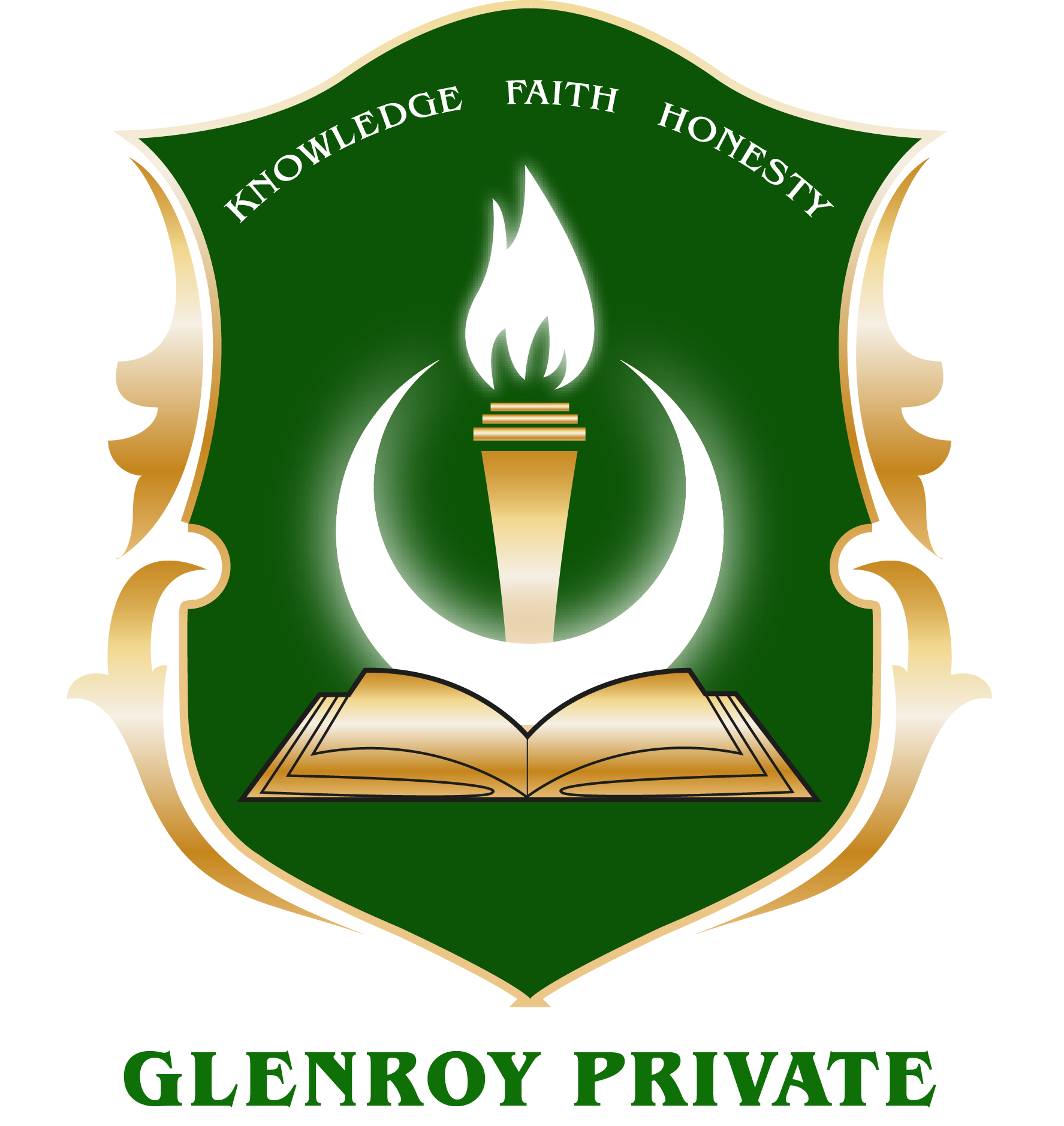Primary School
Assessment & ReportingGlenroy Private
Assessment
At Glenroy Private, assessments are implemented for all Key Learning Areas. Assessment is ongoing and students are provided with feedback on their learning. Assessment is linked directly to the unit outcomes for each Key Learning Area. Teachers utilise a wide range of evidence to make judgements from whilst keeping an ongoing profile of students as a record of achievement throughout the year. Types of assessment include annotated work samples, rubrics, checklists, observations, photos and anecdotal records.
The A to E (or equivalent) grading scale lets teachers report student achievement according to clear and consistent standards. Teachers make professional judgements as to which grade best matches the standard their students have achieved. In summary: A is the grade for extensive knowledge and understanding, B is for thorough, C is for sound, D is for basic and E is for elementary.
Assessment
The Assessment Resource Centre (ARC)
The Assessment Resource Centre (ARC) helps teachers to assess and report student achievement across Foundation to Year 12. The ARC has been developed by the Board of Studies for teachers to use when grading students, although parents and students will also find it useful.
The ARC website provides samples of student work that have been assessed against the common grade scale. This can help you to see what is expected at the end of each stage of each learning area.
Reporting
Reporting To Students
As part of the ongoing teaching and learning process, teachers at Glenroy Private provide their students with regular feedback and advice about their learning. Students need explicit information about the purposes of learning activities, the learning that is expected, and their own progress. We believe that students can also develop an understanding of their own learning by participating in the reporting processes through self-assessment, the selection of materials to include in their portfolios, and the development of their own reports.
Reporting
Reporting To Parents
Reporting to parents or caregivers is an essential feature of the partnership between families and schools in the education of students. It is useful to see the reporting processes as a dialogue between home and school in which teachers, students and parents share information and perceptions about the students’ learning and achievement. Teachers’ reports to parents or caregivers should provide ongoing, accurate and constructive information about a student’s achievement in each Key Learning Area.
Parents are invited to speak with teachers at any time during the school year, should the need arise. In the development of home–school partnerships and parent participation plans schools establish many contexts for informal communication and participation.
Note
These include:
1. Day-to-day contact
2. Social events
3. Letters to parents
4. Parent involvement in school events and excursions
5. Personal contact through approaching parents in the school, by telephone, SMS or letter
6. P&C group meetings
7. Information workshops
8. Structured parent education programs, for example, Classroom Helpers, Parents as Tutors, Minilit Reading Program
9. Curriculum information kits and handouts
10. Newsletters, school magazine, notices
11. School communication books or diaries 12. School website
child’s Progress
Student Progress Portfolios
Each Semester, during Parent teacher Interviews, parents are provided with their child’s Progress Portfolio. A portfolio is a planned, organised and selected set of evidence of student learning that includes informal and formal assessment records, evidence of student self-assessment, and student work samples. The Progress Portfolio is used as a continuous and sequential record of a child’s work over the school year. The student portfolio is compiled over time to show the development of student learning towards and within the curriculum framework. The aim of the portfolio is to inform parents of their child’s progress and to strengthen communication between home and school.
Interviews
Parent Teacher Interviews
Formal Interviews complement written reports. Written reports, together with student work samples, provide a useful basis for discussion. At Glenroy Private, individual Parent Teacher Interviews are held twice yearly to inform parents of their child’s progress and to discuss any areas raised by the parent or teacher. Informal meetings are encouraged throughout the year if there is any area of concern, or as individual needs arise.
Follow Us
Follow Us
Get In Touch
Location: 93 Daley St, Glenroy VIC 3046, Australia
Telephone: +61 3 9306 7988
Email: admin@glenroyprivate.vic.edu.au
School Hours: M-F: 8am - 4pm
